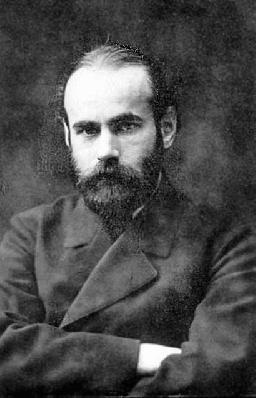Источник: "On Truth," 1934, p. 28 (1961 edition)
Макс Вертгеймер: Цитаты на английском языке
As quoted in: George Klir (2013), Facets of Systems Science, p. 25
"Gestalt Theory," 1924
Max Wertheimer (1924), cited in: Heinz L. Ansbacher (ed.), The Individual Psychology of Alfred Adler. 1954, p. 11
Источник: "On Truth," 1934, p. 19 (1961 edition)
Источник: Productive thinking, 1945, p. 62
p 212
Productive thinking, 1945
Источник: "On Truth," 1934, p. 28 (1961 edition)
“Often, in great discovery the most important thing is that a certain question is found.”
Источник: Productive thinking, 1945, p. 123
"Gestalt Theory," 1924
Источник: Productive thinking, 1945, p. 190
Источник: Productive thinking, 1945, p. 112
Max Wertheimer (1923). "Laws of organization in perceptual forms." Translation published in W. D. Ellis (Ed.), A source book of Gestalt psychology, pp. 71–94. London, England: Routledge & Kegan Paul, 1938. (Original title: Untersuchungen zur Lehre von der Gestalt II); Online http://psychclassics.yorku.ca/Wertheimer/Forms/forms.htm at psychclassics.yorku.ca, accessed 03.2017.
“I am not sure whether there can be a way of really understanding the miracle of thinking.”
Источник: Productive thinking, 1945, p. 227
Источник: Productive thinking, 1945, p. 84
